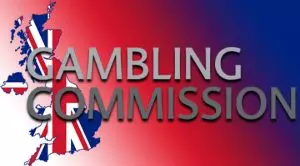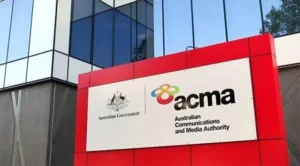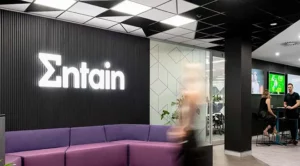 Currently, the UK regulatory authorities require from all companies involved with any type of gambling activities to hold an operating licence in order to run their operations on the territory of the country.
Currently, the UK regulatory authorities require from all companies involved with any type of gambling activities to hold an operating licence in order to run their operations on the territory of the country.
There are currently various types of operating licences issued by the UK Gambling Commission (UKGC), which is the competent authority in the UK. It is the Commission’s right and responsibility to issue such licences to gambling companies, so here you can check the types of gambling software operating licences you can apply for to date:
Gambling Software
The UK Gambling Commission has published a guidance note which is aimed to help the industry determine the term “gambling software”. This has been a key issue in the industry since January 30th, 2015 when gambling software was added to the licensing conditions of the Commission.
Gambling software got its definition in the Gambling Act of 2005, according to which it is the computer software which is used for getting a connection with remote gambling. So, any software which is especially designed to be used in connection with online gambling, is required to hold such a licence.
Here are the types of Gambling Software Licence hat are currently available.
Non-Remote Gambling Software Operating Licence
Such an operating licence is issued by the UK Gambling Commission to companies that are engaged with development and manufacturing, supply, adaptation or installation of gambling software used by gambling companies licensed by the UK Gambling Commission, regardless of the location. Gambling software suppliers are also required such a licence in case that they are based on the territory of the UK and develop, manufacture, supply, install or adapt gambling software used by gambling operators that are based abroad and do not hold an operating licence issued by the UKGC.
Operators are also required to guarantee that they provide their customers with reliable software, which is run in line with the UK Gambling Commission’s Remote gambling and software technical standards. The latter, however, do not apply when it comes to the software that is provided to foreign operators that do not hold an operating licence issued by the UKGC.
Operators who apply for a Non-Remote Gambling Software Licence are required to pay both an application and an annual fee, which are charged in line with the annual gross sales generated by the company.
- Supplementary Remote Licence
This type of licence could be granted by the UKGC in addition to the Non-Remote Gambling Software Licence held by a certain gambling operator. Licence holders do not owe an annual fee, but there is an application fee of £100 applied.
Remote Gambling Software Operating Licence
The main gambling regulatory watchdog in the UK required that operators hold a licence in case that they provide local customers with gambling facilities online or through other means of remote communication, regardless of the operator’s location. Companies need to hold a licence issued by the UKGC in case that any part of their remote gambling equipment is based on the territory of the country.
The rest of the requirements for the operators in order for them to apply for a gambling software operating licence are exactly the same applied for the Non-Remote Gambling Software Operating Licence. Of course, the company needs to prove to the UKGC that it supplies its customers with gambling software in correspondence to the requirements implemented in the Commission’s Remote gambling and software technical standards.
In case that an operator applies for a Remote Gambling Software Operating Licence, they are due both an application and an annual fee, which are calculated in correspondence with the company’s annual gross sales.
Linked Gambling Software Operating Licence
Only operators who already hold or are applying for a full operating licence are given the opportunity to apply for a linked licence. The latter are actually a more restricted version of existing licences and usually offer some low-cost options for certain activities which are considered to bring relatively low additional regulatory risk.
A financial restriction has been implemented by the UK Gambling Commission in order to make sure that all linked licences are used for activities which only represent a small element of the provider’s business. Companies are forbidden to spend more than £50,000 in any given year for the activity that has been granted with a linked licence.
Linked licence is issued in terms of Gaming Machines and Gambling Software, with two types of licences existing for each of these two categories.
- Gaming Machines
Linked Non-Remote Gaming Machine Technical (Supplier) Licence is issued in order to permit the company to supply, repair, install, maintain and adapt a gaming machine or part of a gaming machine, including gambling software.
Linked Remote Gaming Machine Technical (Supplier) Licence provides companies with the opportunity to carry out the above-mentioned actions in terms of a gaming machine and gambling software by remote means.
- Gambling Software
Linked Non-Remote Gambling Software Licence is issued to provide operators with legal permit to develop, manufacture, install, adapt or supply gambling software related to gambling facilities.
Linked Remote Gambling Software Licence is issued by the UKGC to allow the above-mentioned actions to operators that use the software in connection with gambling facilities remotely.
- Author


